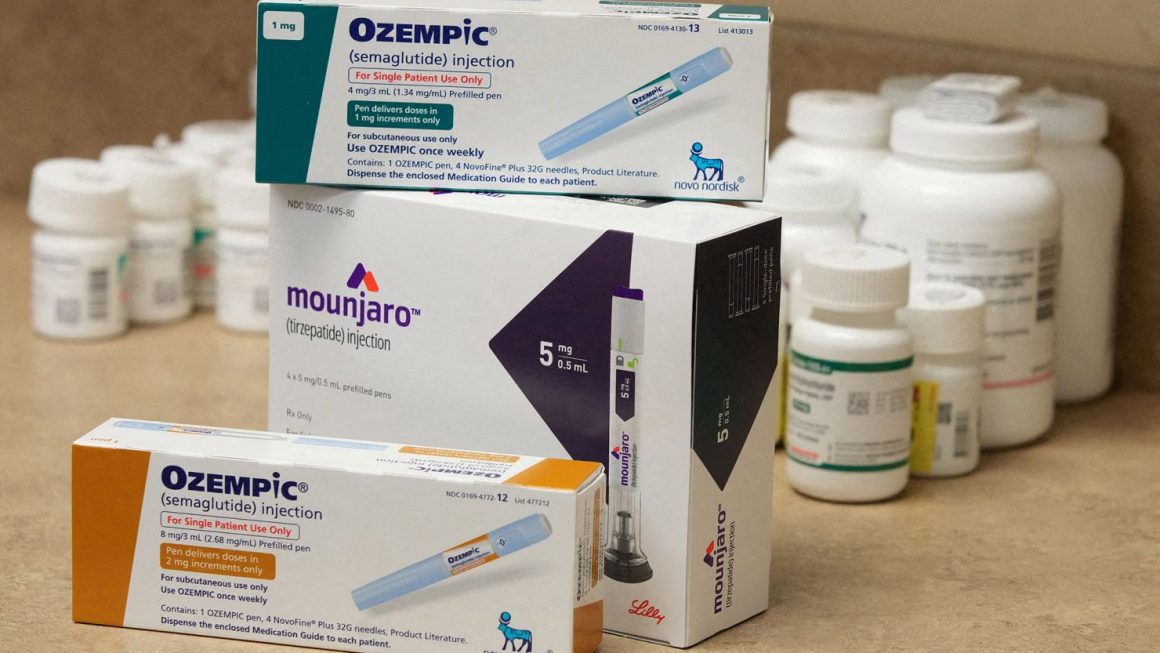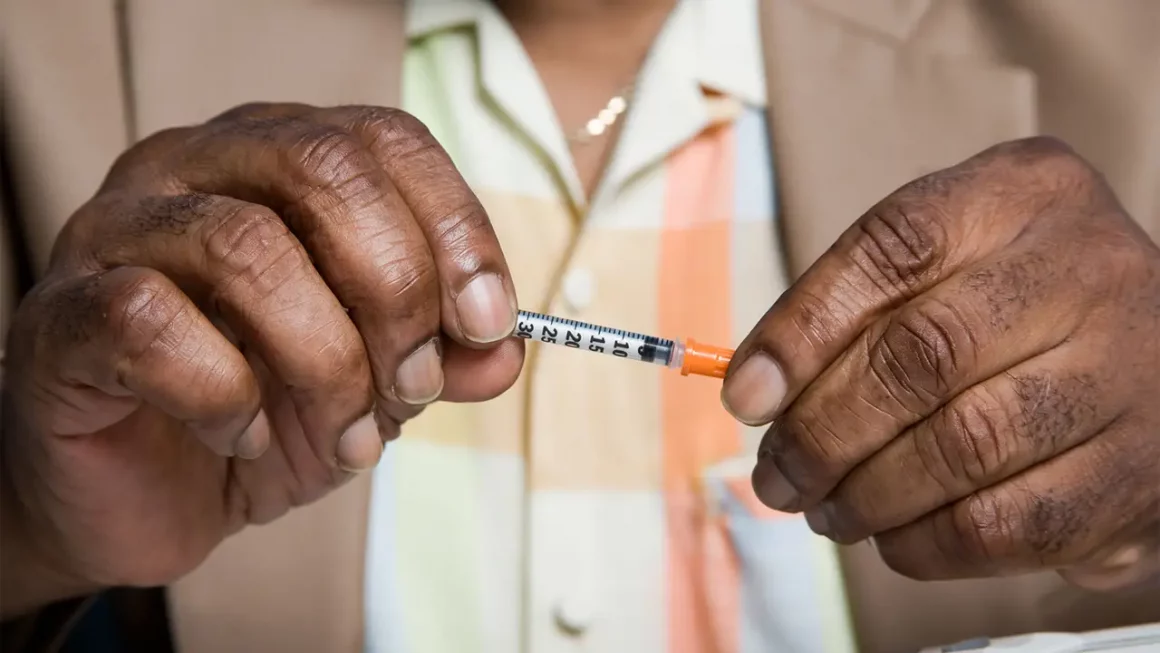By Konye Chelsea Nwabogor
For as long as we can remember, weight loss has been packaged as a combination of willpower, discipline, and, often, an exhausting cycle of dieting and exercise. Society has been conditioned to believe that shedding weight is solely about eating less and moving more, with little regard for the complex biological and psychological factors at play. But a new class of drugs—GLP-1 receptor agonists—are shaking up this narrative, challenging long-held beliefs about obesity and what it really takes to lose weight.
Originally developed to treat Type 2 diabetes, drugs like semaglutide (sold under brand names like Ozempic and Wegovy) and tirzepatide (marketed as Mounjaro and Zepbound) have emerged as game-changers in the weight loss industry. These medications work by mimicking a hormone called glucagon-like peptide-1 (GLP-1), which helps regulate blood sugar and, as a side effect, suppresses appetite. The results have been staggering. Clinical trials show that people taking GLP-1 drugs can lose up to 20% of their body weight—numbers that were once considered impossible outside of bariatric surgery.


For decades, obesity was viewed through a moralistic lens. “Just eat less,” people were told. “Exercise more.” Yet, anyone who has struggled with weight loss knows it’s rarely that simple. Genetics, metabolism, stress, mental health, and a host of other factors influence how our bodies store and burn fat. GLP-1 medications have forced a reckoning: What if obesity is not just about personal failure but about biology?
An Abuja-based physician, Dr. Kennedy, says, “For the first time, we have a tool that addresses obesity as a chronic disease rather than a lifestyle choice. These medications work on the brain’s hunger signals, which is why people describe feeling full much earlier than they used to.”
This shift in perspective is seismic. If obesity is a medical condition rather than a willpower issue, then perhaps those struggling with it deserve medical treatment just like people with high blood pressure or diabetes. GLP-1 drugs are offering proof that weight loss isn’t just about effort—it’s about biology.
Yet, the rise of these medications has also sparked controversy. Some argue that the accessibility and affordability of these drugs remain significant barriers. Others worry about potential side effects, such as nausea, vomiting, and concerns about long-term safety. And then there’s the question of sustainability—can people maintain their weight loss once they stop taking the drug? Studies suggest that many regain weight after discontinuing treatment, reinforcing the idea that obesity is, indeed, a chronic condition requiring long-term management.



Then there’s the cultural shift happening in real-time. Celebrities and influencers have openly or indirectly credited GLP-1 drugs for their dramatic weight loss. From Hollywood to Wall Street, whispers of executives using these medications to stay sharp and trim are growing louder. Some see this as a positive step toward destigmatising medical weight loss. Others fear it’s fueling a new wave of unrealistic body standards.
“I was always the ‘big girl’ in my friend group,” says Lola, a 37-year-old Lagos-based marketing executive who started taking Mounjaro last year. “I’d tried every diet, every workout plan, but nothing ever worked long-term. I lost 60 pounds on Mounjaro, and for the first time, I feel like I have control over my weight instead of it controlling me. But I also see how people are starting to treat weight loss as a shortcut rather than understanding the complexity of obesity.”
Her experience highlights an uncomfortable truth: GLP-1 drugs are changing the landscape of weight loss, but they’re also challenging our perceptions of effort and merit. We’ve long romanticised weight loss as a test of character—how hard are you willing to work for it? The idea that a weekly injection can yield results that years of dieting couldn’t is unsettling for many.
Philosophically, it raises deeper questions. If a drug can help you lose weight without excessive dieting and exercise, does that diminish the achievement? Should weight loss even be viewed as an “achievement” at all, or should it simply be a medical outcome?
There’s also the impact on industries built around traditional weight loss methods. Diet programs, fitness brands, and even the food industry are scrambling to adapt. WeightWatchers recently acquired a telehealth company specialising in GLP-1 prescriptions, signaling that even legacy weight loss brands are acknowledging the shift. Gyms and wellness influencers are rethinking their messaging—how do you market meal plans and intense workout regimens in a world where a shot can curb cravings more effectively than any crash diet?
At the same time, not everyone is jumping on the bandwagon. Body positivity advocates warn that the normalisation of GLP-1 drugs could reinforce harmful ideas that thinner is always healthier. “We don’t want to replace one form of weight stigma with another,” says Ikenna Ugoh, a fitness trainer in Lagos. “People in larger bodies have always been told they need to shrink to be acceptable. Now, the conversation is about how quickly and efficiently they can do it with medication. But where does that leave those who choose not to?”
The rise of GLP-1 drugs is undeniably altering the way we approach weight loss. It’s pushing society to reconsider outdated notions of obesity and highlighting the need for greater medical intervention. But it’s also raising ethical and cultural debates about body image, accessibility, and the unintended consequences of medical advancements.
Ultimately, the impact of these drugs will depend on how we, as a society, choose to integrate them. Will they become a tool to support those struggling with obesity, or will they be co-opted into a new form of weight-related pressure? Either way, one thing is clear: weight loss will never be viewed the same way again.













